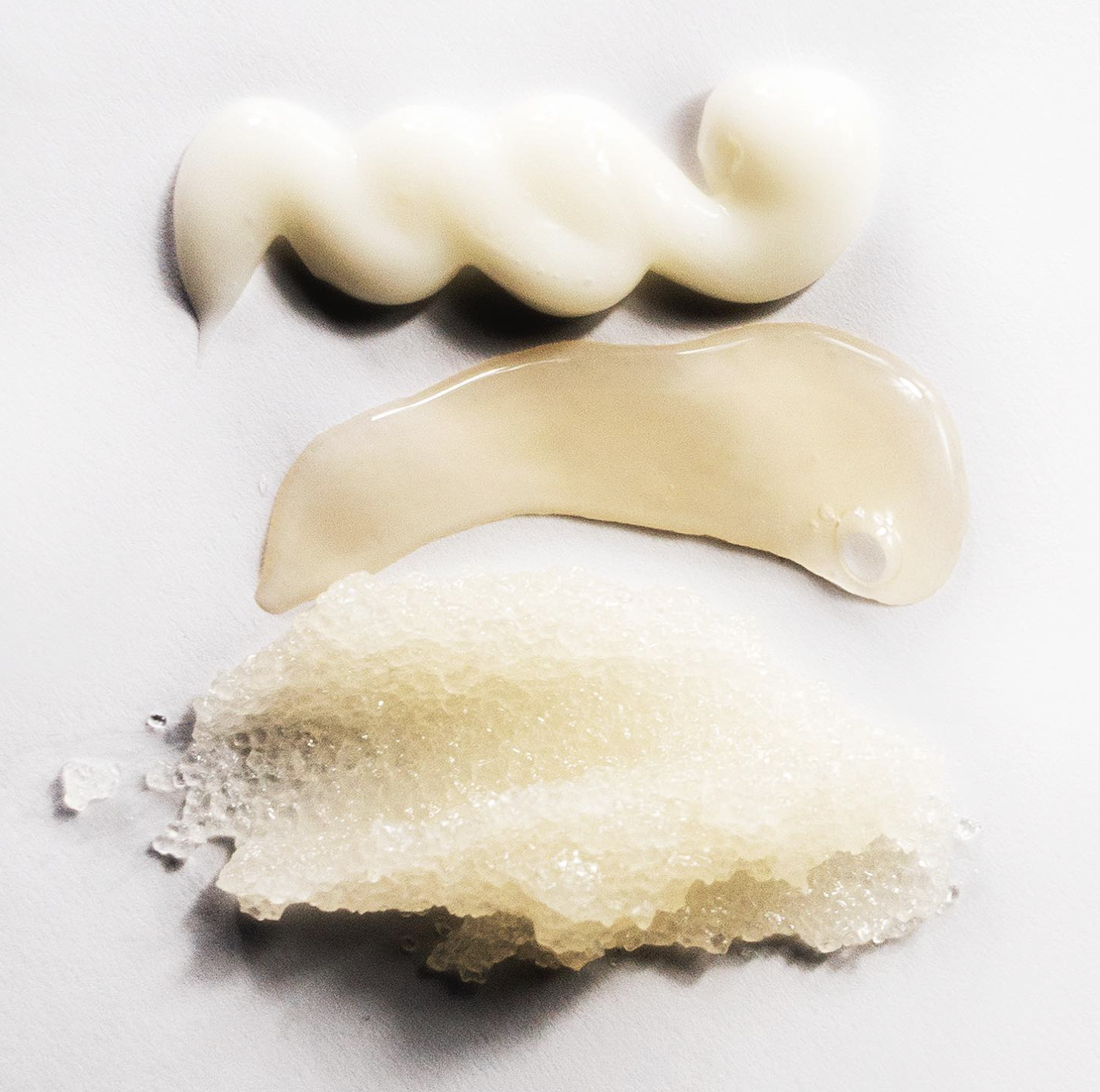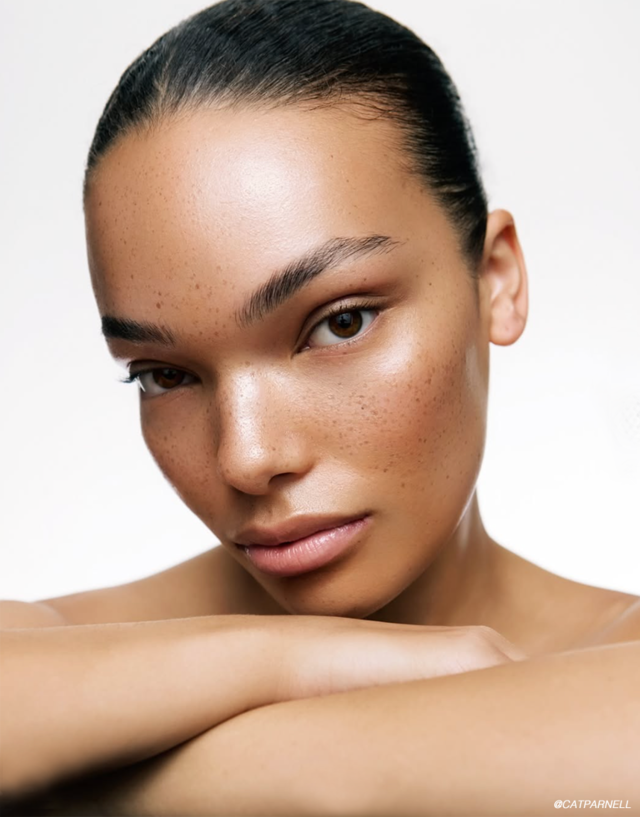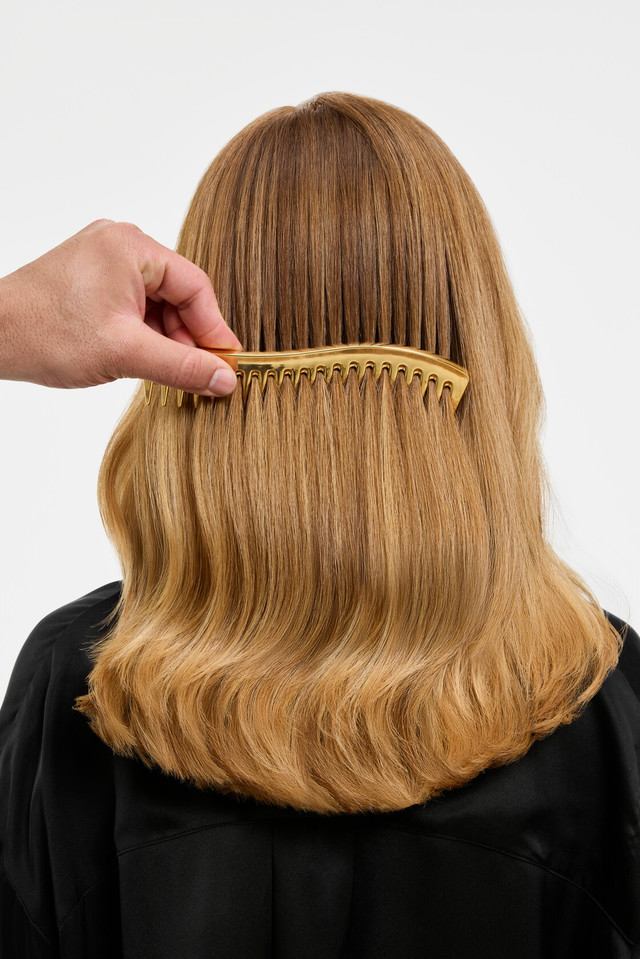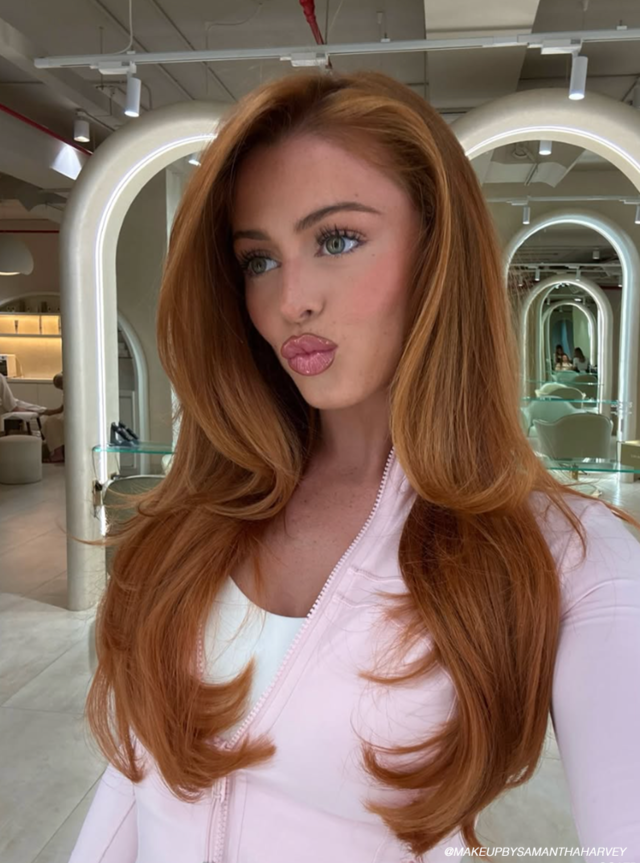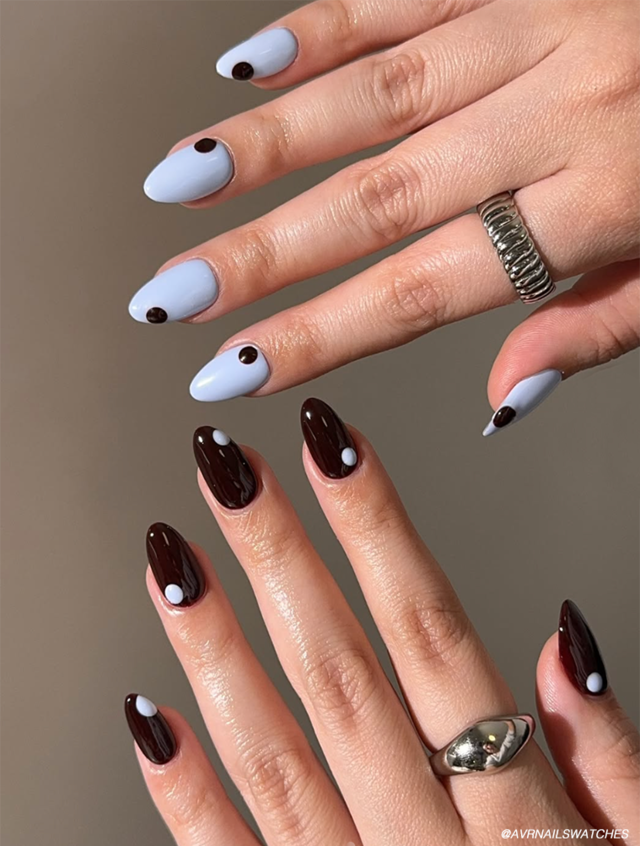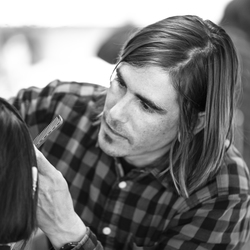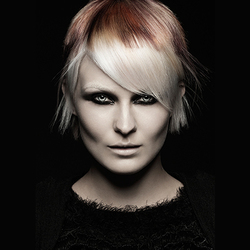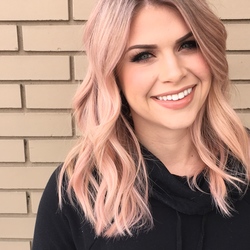If you've ever flipped over a shampoo bottle and seen the word "paraben" on the ingredient list, you might have wondered: What are parabens? Why are they in my shampoo? Are they good for my hair—or bad for my health? Let’s break it down in simple terms and get to the root of what parabens are, why they’re used, and whether you should avoid them.
What Are Parabens?
Parabens are synthetic chemicals used as preservatives in shampoos, conditioners, and many other personal care products. Their job? To keep your shampoo safe, fresh, and free of nasty stuff like mold, bacteria, and yeast. Without preservatives like parabens, your favorite haircare products would spoil much faster.
The Science of Parabens
Parabens are esters of p-hydroxybenzoic acid and come in various types, including:
- Methylparaben
- Propylparaben
- Butylparaben
These guys have been around for decades and are widely used because they’re super effective at stopping microbial growth, especially in water-based products like shampoo.
@welcome_home_beauty Parabens: Safe? Or not so much? #ingredients #cleaningtiktok #cleaningtiktok #cleaningredients #parabens #haircareroutine #haircaretips #haircareproducts #shampoo #shampooandconditioner #conditioner #cleanfreshhype #beautyhacks #beautytok #beautytips #beautyreview #beautytutorial #beautyroutine #beautyhack #bangstyle original sound - Welcome Home Beauty
Why Are Parabens in My Shampoo?
Here’s the deal: shampoos and conditioners often contain water, which is the perfect breeding ground for bacteria and mold. Parabens prevent this, extending the shelf life of your haircare products so they last longer and stay safe to use.
Why Not Use Alternatives?
While there are paraben-free options out there, parabens are still popular because they:
- Work really well: They fight off a wide range of germs and mold.
- Are cost-effective: Parabens are cheap, so they help keep the price of your shampoo affordable.
- Don’t alter the product: Unlike some alternatives, parabens don’t affect the texture, smell, or effectiveness of your shampoo.
Alternatives like phenoxyethanol or natural preservatives might not be as strong or as budget-friendly, and they can sometimes cause other issues, like shorter shelf life or skin irritation.
Are Parabens Bad for Your Hair or Health?
Here’s the truth: parabens don’t really do anything for your hair directly—they’re not moisturizing, strengthening, or anything like that. They’re just there to keep your shampoo safe. So, are they harmful?
Impact on Hair
For most people, parabens aren’t going to hurt your hair or scalp. However, if you have sensitive skin, you could experience irritation or dryness, especially if parabens are combined with other harsh chemicals.
Health Concerns
The bigger concerns about parabens are about your overall health. Some studies suggest that parabens may act as endocrine disruptors, which means they can mimic estrogen in the body.
This has raised questions about potential links to:
- Breast cancer
- Reproductive issues
However, it’s important to note that these concerns are mostly based on lab studies with high doses of parabens—not the tiny amounts found in shampoos. Regulatory agencies like the FDA and European Commission say parabens are safe in low concentrations (up to 0.8%).
Long-Term Exposure
Even though parabens break down quickly in the body, using multiple products daily—like shampoo, conditioner, lotion, and makeup—can lead to cumulative exposure. While there’s no definitive proof that this low-level buildup is harmful, some people prefer to play it safe and go paraben-free.
So, Should I Avoid Parabens?
The decision to avoid parabens comes down to personal preference. Here’s a quick guide to help you decide:
Avoid Parabens If:
- You’re concerned about potential health risks like hormonal disruption.
- You prefer “clean beauty” or natural products.
- You have sensitive skin or a history of allergies.
You Might Not Worry About Parabens If:
- You trust regulatory guidelines and don’t believe the small amounts in shampoo are harmful.
- You’re looking for affordable, long-lasting products.
- You don’t have any specific skin sensitivities.
How to Spot Parabens in Your Shampoo
Check the ingredient list for names like:
- Methylparaben
- Propylparaben
- Butylparaben
- Ethylparaben
If you’re looking to avoid parabens, many products now carry “paraben-free” labels, making it easy to shop for alternatives.
What’s the Verdict?
Parabens are preservatives that help keep your shampoo fresh and safe, but they don’t directly benefit your hair. While most experts agree they’re safe in low doses, concerns about long-term exposure and hormone disruption have made many people look for paraben-free options.
The choice is ultimately up to you. If you want to be cautious, switching to a paraben-free shampoo is a simple way to limit exposure. Whatever you choose, you’re now prepared with the facts about parabens and why they’re in your shampoo!
Disclaimer:
The information provided in this article is for informational purposes only and reflects current scientific understanding and general observations about parabens. While we aim to offer helpful insights, individual reactions and concerns can vary. If you have specific questions or health concerns, we strongly recommend consulting directly with your physician or dermatologist for personalized advice and guidance.
Resources:
- U.S. Food and Drug Administration (FDA)
The FDA provides clear guidance on the safety of parabens, stating that they are generally recognized as safe in low concentrations in cosmetics.
FDA on Parabens in Cosmetics - European Commission on Cosmetic Ingredients
The EU has regulated the use of certain parabens and banned others, while allowing small amounts of specific types like methylparaben and ethylparaben.
European Commission Cosmetic Regulations - Pubmed (NIH)
Pubmed has reviewed parabens as part of endocrine disruptor discussions, noting their low estrogenic activity compared to natural hormones.
Pubmed - Scientific Research Studies
Research papers on the cumulative effects of parabens and their role as endocrine disruptors have contributed to consumer concerns. For instance:- Study: Detection of parabens in human breast tissue samples (Darbre et al., 2004).
- Reviews of endocrine-disrupting chemicals and their impacts (Diamanti-Kandarakis et al., 2009).
